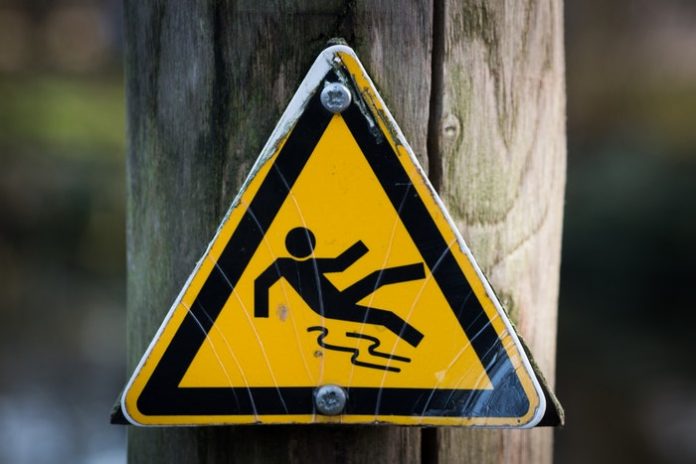The workers’ compensation insurance program was designed to ensure that all employees injured on the job are able to access the medical care they need and pay their bills while they recover. Unfortunately, some employers go out of their way to make it difficult for workers to file workers’ comp claims. Read on to find out what injured workers need to know to protect themselves and ensure that everything goes smoothly.
It Helps to Have a Lawyer
A workers comp lawyer can help injured workers file paperwork, gather evidence to support a claim, and ensure that the employer’s settlement offer covers all the employee’s medical bills and lost wages. If the worker is unable to return promptly to his or her job or becomes permanently disabled, a lawyer can also help the worker figure out his or her options. Finally, if an employer attempts to retaliate against the worker for filing a claim, which is prohibited by law, a lawyer can protect the worker’s legal rights.
Qualifying Injuries
Workers’ compensation will pay for medical care and lost wages after an injury that occurs at work or while they are performing job-related duties outside of the workplace, even if the worker may have been partially at fault. The only exception is injuries that have occurred while employees were under the influence of drugs or alcohol. Workers’ compensation can also cover treatment for occupational illnesses.
Treating Physicians
The insurance company that provides workers’ compensation coverage for the company is responsible for choosing the treating physician. The insurance adjuster will choose a physician from a pool of pre-approved medical providers, and this physician will continue to provide medical treatment until the injured worker has reached maximum medical improvement, at which point the employee will be released back to work with or without restrictions. There is one exception to the rule, though. When employers fail to provide prompt medical treatment, workers can find their own providers, and their employers are required to pay the bills.
Second Opinions
Injured workers are entitled to seek a second opinion regarding their capacity to return to work after the workers’ compensation physician releases them. The second opinion will be provided by what’s known as a form A doctor. Form A doctors can also provide second opinions to resolve disagreements about diagnoses.
Injured Workers Must Give Prompt Notice
To receive workers’ compensation benefits, claimants must give notice of their injuries within a certain time frame, which varies by state. They must also file a written report, which should contain the employee’s name and address and a description of the incident that includes the time, place, nature, and cause of the injury. Once they have received notice of a workplace injury, employers are responsible for notifying their workers’ compensation insurance providers.
Challenging Claim Denials
Workers’ compensation insurers are known to reject legitimate claims, but workers can appeal these rejections through the Oklahoma Workers’ Compensation Commission. Most don’t bother, which is why insurance companies continue to engage in this disreputable practice. However, hiring a workers’ compensation attorney makes it easy to appeal a denied claim and gives injured employees the best possible chances of receiving a fair settlement.
The Bottom Line
Workers who are injured on the job are entitled to benefits in almost every state. Employers are required to carry workers’ compensation insurance policies to help pay for them. Filing a claim can make the difference between a quick recovery and financial ruin, so don’t hesitate to get in touch with a lawyer for help.
Find a Home-Based Business to Start-Up >>> Hundreds of Business Listings.

















































